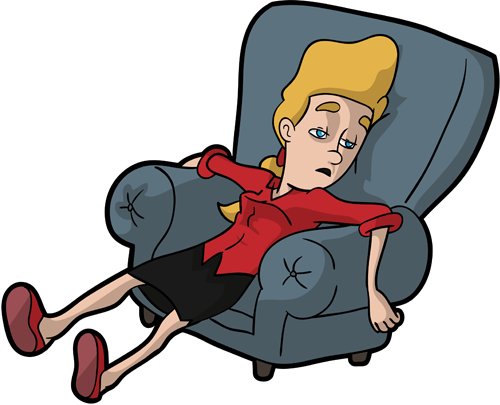Insufficient Sleep Is a Public Health Problem | Mental Health Help


 An estimated 50-70 million US adults suffer from sleep or wakefulness disorders, prompting the Centers for Disease Control and Prevention to frame inadequate sleep as a public health epidemic.
An estimated 50-70 million US adults suffer from sleep or wakefulness disorders, prompting the Centers for Disease Control and Prevention to frame inadequate sleep as a public health epidemic. The authors conclude that suicide prevention strategies should include the provision of nighttime services, and clinicians should help connect patients with support resources that are available at night. Additionally, sleep problems should be addressed as part of recovery, and techniques to reduce rumination should be emphasized. This article was first published in Psych Advisor and cdc.gov
The authors conclude that suicide prevention strategies should include the provision of nighttime services, and clinicians should help connect patients with support resources that are available at night. Additionally, sleep problems should be addressed as part of recovery, and techniques to reduce rumination should be emphasized. This article was first published in Psych Advisor and cdc.govprompting the Centers for Disease Control and Prevention to frame inadequate sleep...